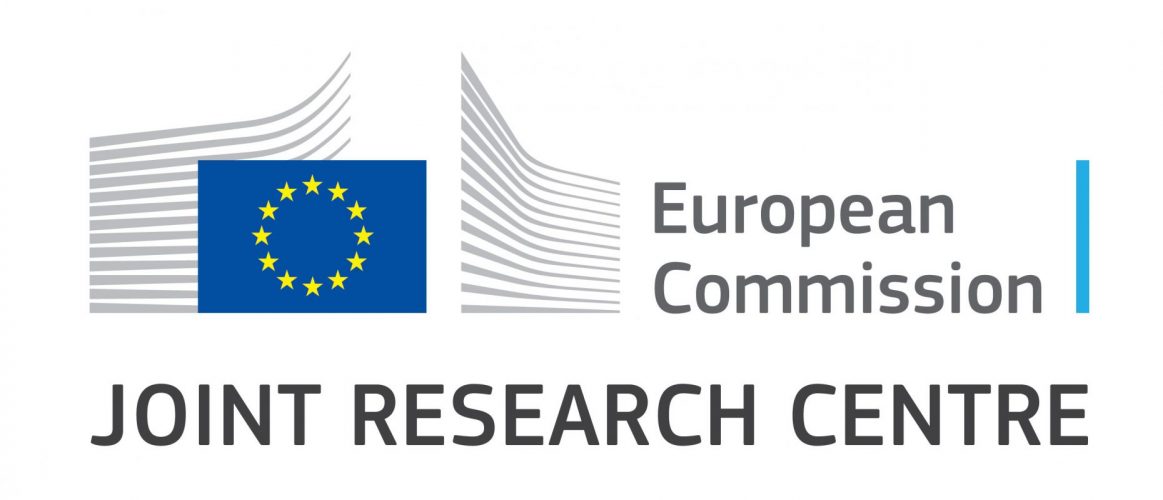
JRC B2 Seminar: “Spatial microsimulation A promising avenue for EUROMOD research?” – Manos Matsaganis
Xoves, 9 de Febreiro ás 10:00 H (CET)
SEMINARIO ONLINE: Link
- Código de acceso no ordenador: itKGjfN4?53
- Código de acceso telefónico: 48545364
Abstract
Spatial microsimulation makes possible the evaluation of the fiscal and distributional effects of public policies at local level. Adding spatial detail to microsimulation involves creating microdata that reflect the characteristics of individuals and households in particular regions, cities, or neighbourhoods. Since there are very few sources of geographically disaggregated (at regional, sub-regional and small area level) microdata, there is a need to create appropriate data by combining small area census tabular/aggregate data and national (or at best regional) survey microdata to simulate a synthetic population whose characteristics are as close to the real population as possible. In a nutshell, spatial microsimulation involves the creation of large-scale population micro datasets for the analysis of public policy at the local level. EUROMOD research often addresses questions of local variations of tax and benefit policies, and of the effects of such policies (at any level of decision making) on local communities. The presentation will showcase recent advances in spatial microsimulation, and current efforts to extend EUROMOD research in a spatial direction.
Speaker
Manos Matsaganis is Professor of Public Finance at Polytechnic University of Milan. Prior to this, he worked at the Athens University of Economics and Business (2004-2016), where he founded and directed the Policy Analysis Research Unit. Earlier he had been a lecturer at the University of Crete (1996-1999 and 2001-2004), a special adviser at the Greek Prime Minister’s Office (1997-2001), and a researcher at the London School of Economics (1990-1993). He holds degrees from the Athens University of Economics and Business (BSc 1986), the University of York (MSc 1988), and the University of Bristol (PhD 1992). He has collaborate d with international organizations such as the European Commission, the OECD, UNICEF, and the World Bank. He was a member of the Expert Group on Social Investment for Growth and Cohesion, on the invitation of European Commissioner László Andor (2012-2013). He was Fulbright Scholar at Harvard University (2014) and University of California, Berkeley (2015), Visiting Scholar at Boston University (2017, 2018), and Visiting Professor at University of Vienna (2019). He is currently Head of the Greek & European Economy Observatory at the Hellenic Foundation for European & Foreign Policy ELIAMEP in Athens (since 2021). He sits at the Advisory Board of the diaNEOsis foundation in Athens (since 2016), and at the Scientific Committee of the Feltrinelli Foundation in Milan (since 2022). His current research focuses on the transformations of the European social model after the Eurozone crisis and Covid-19 (Orcid code). His Oxford University Press book (with Anton Hemerijck) “Who’s afraid of the welfare state now?” is due for release in 2023.
Abstract
Spatial microsimulation makes possible the evaluation of the fiscal and distributional effects of public policies at local level. Adding spatial detail to microsimulation involves creating microdata that reflect the characteristics of individuals and households in particular regions, cities, or neighbourhoods. Since there are very few sources of geographically disaggregated (at regional, sub-regional and small area level) microdata, there is a need to create appropriate data by combining small area census tabular/aggregate data and national (or at best regional) survey microdata to simulate a synthetic population whose characteristics are as close to the real population as possible. In a nutshell, spatial microsimulation involves the creation of large-scale population micro datasets for the analysis of public policy at the local level. EUROMOD research often addresses questions of local variations of tax and benefit policies, and of the effects of such policies (at any level of decision making) on local communities. The presentation will showcase recent advances in spatial microsimulation, and current efforts to extend EUROMOD research in a spatial direction.
Speaker
Manos Matsaganis is Professor of Public Finance at Polytechnic University of Milan. Prior to this, he worked at the Athens University of Economics and Business (2004-2016), where he founded and directed the Policy Analysis Research Unit. Earlier he had been a lecturer at the University of Crete (1996-1999 and 2001-2004), a special adviser at the Greek Prime Minister’s Office (1997-2001), and a researcher at the London School of Economics (1990-1993). He holds degrees from the Athens University of Economics and Business (BSc 1986), the University of York (MSc 1988), and the University of Bristol (PhD 1992). He has collaborate d with international organizations such as the European Commission, the OECD, UNICEF, and the World Bank. He was a member of the Expert Group on Social Investment for Growth and Cohesion, on the invitation of European Commissioner László Andor (2012-2013). He was Fulbright Scholar at Harvard University (2014) and University of California, Berkeley (2015), Visiting Scholar at Boston University (2017, 2018), and Visiting Professor at University of Vienna (2019). He is currently Head of the Greek & European Economy Observatory at the Hellenic Foundation for European & Foreign Policy ELIAMEP in Athens (since 2021). He sits at the Advisory Board of the diaNEOsis foundation in Athens (since 2016), and at the Scientific Committee of the Feltrinelli Foundation in Milan (since 2022). His current research focuses on the transformations of the European social model after the Eurozone crisis and Covid-19 (Orcid code). His Oxford University Press book (with Anton Hemerijck) “Who’s afraid of the welfare state now?” is due for release in 2023.
